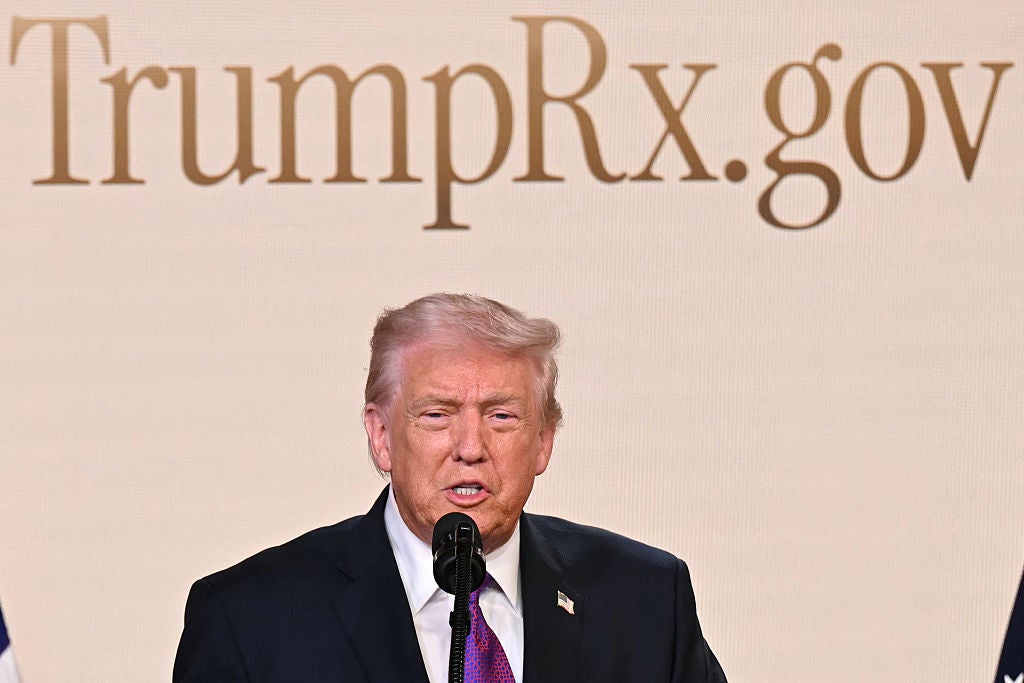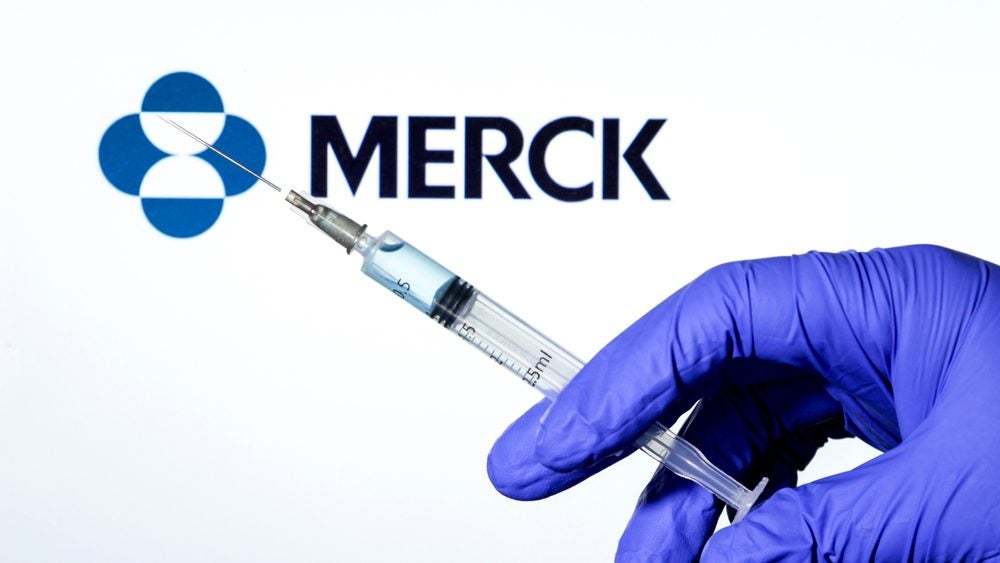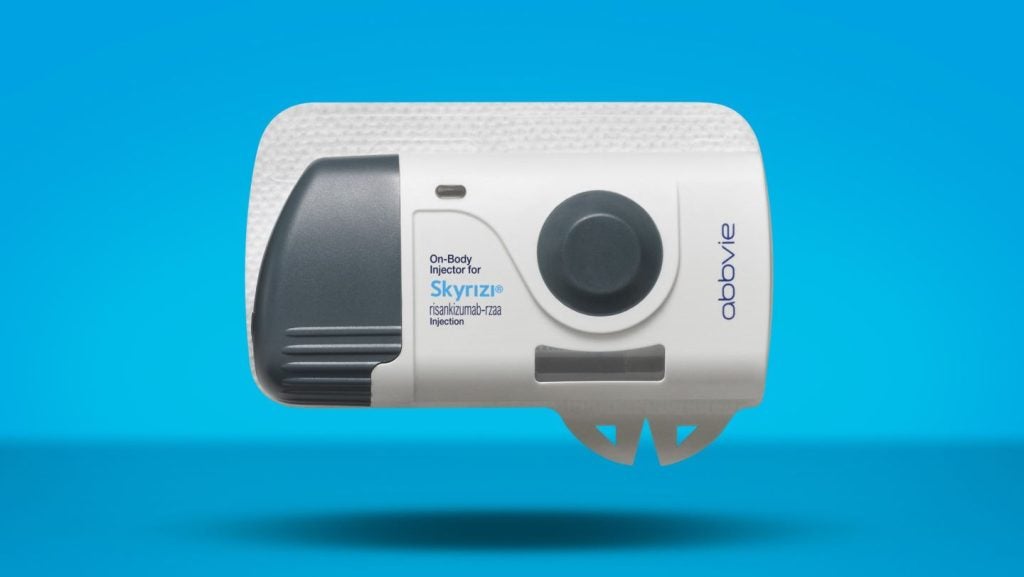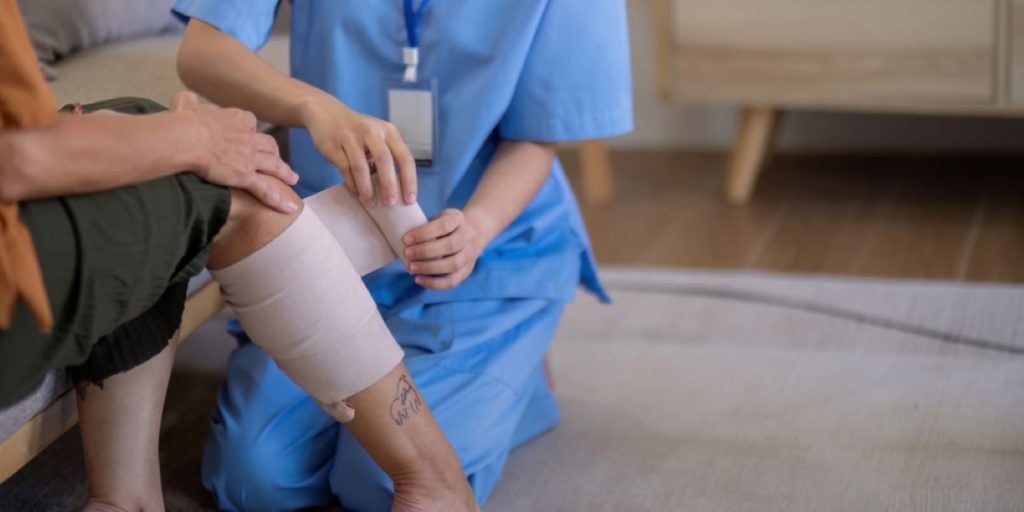Ascidian Therapeutics has entered a research partnership and licensing agreement with Roche to discover and develop RNA exon editing therapies to treat neurological diseases.
The partnership will leverage Ascidian's RNA exon editing platform to extend the therapeutic potential of the medicine beyond the capabilities of current gene editing technologies.
Ascidian will grant Roche sole rights to utilise its RNA exon editing technology for undisclosed neurological targets.
Ascidian will conduct discovery and some preclinical works together with Roche.
Roche will assume responsibility for additional preclinical activities, alongside clinical development, production and commercialisation of the assets.
Ascidian is entitled to receive an upfront payment of $42m from Roche, and could receive up to $1.8bn in milestone payments on meeting research, clinical and commercial goals.
Ascidian will earn royalty payments on global commercial product sales from Roche.
Despite this exclusive arrangement for specific targets, Ascidian can pursue other neurological targets independently or with different collaborators.
The platform developed by Ascidian is capable of editing RNA exons on a kilobase scale, enabling it to target large genes and those with a high degree of mutational variance.
The technology preserves natural gene expression patterns and levels.
Ascidian Therapeutics president and CEO Michael Ehlers said: “Roche is known and respected worldwide for their expertise in complex neurological diseases. I am proud of the scientific rigour and quality of the work done at Ascidian that has led to this partnership.
“The potential of treating disease by large-scale exon editing of RNA is vast. We look forward to working with the Roche team to develop first-in-class RNA exon editing medicines for multiple neurological diseases, with a mission and passion to relieve suffering and improve lives.”
The European Commission recently approved Roche’s Alecensa (alectinib) as the first adjuvant treatment for adults with anaplastic lymphoma kinase positive non-small cell lung cancer post-tumour resection with high recurrence risk.
















